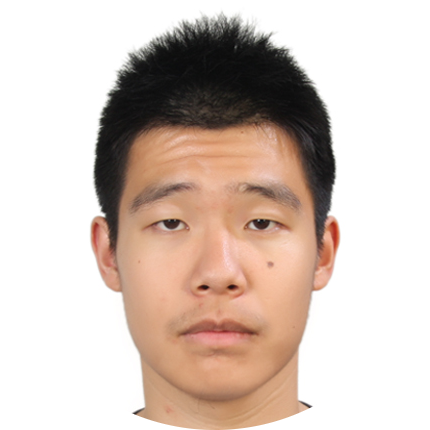
Time: December 16, 2 PM Central Standard Time (CST)
Introduction:
TiKV is an open-source, distributed, and transactional key-value database. It provides classic key-value APIs and also transactional APIs with ACID compliance. It is also the storage engine for the TiDB database. Qi discuss TiKV’s evolution and its on-going architecture changes. He will also discuss a potential collaboration between PingCAP and the Computer Science Department at the University of Wisconsin Madison to explore using Symbiotic caching to optimize distributed key-value stores. Qi will focus on how TiKV’s new architecture might create issues in this collaboration.
Qi will also introduce Symbiosis, a framework that coordinates application cache in storage engines and the kernel cache. It improves performance by automatically resizing the cache. Symbiosis may be valuable to TiDB, and Qi will explain why.
Yifan will explore Symbiosis in more detail. This framework includes an offline simulator, HiFiSim, that models the target cache structure, a StatsVerifier that validates HiFiSim’s behavior, and an online cache size adapter, SymSizer. SymSizer automatically resizes the cache by efficient and accurate online simulation guided by the lessons learned from HiFiSim. Yifan will present the design of the system and some initial experimental results.
Speakers

Yifan Dai
PhD Candidate in Computer Science University of Wisconsin–Madison
Yifan Dai is a 4th year graduate student at the University of Wisconsin–Madison under the instruction of Professor Andrea Arpaci-Dusseau and Professor Remzi Arpaci-Dusseau. He is generally interested in filesystems and their interaction with applications.

Qi Xu
Software Engineer, PingCAP
Qi Xu works on TiKV, which is a distributed storage component. TiKV gives the TiDB database strong consistency, high performance, and scalable storage. Before Qi joined PingCAP, he worked in the Alibaba Cloud Storage team and Microsoft Office 365 team for more than 10 years. He received his bachelor’s and master’s degrees in computer science from Shanghai Jiaotong University.
Experience modern data infrastructure firsthand.
